Nigeria
The Nigerian president Muhammadu Buhari has been criticized for his inability to curb widespread insecurity in Africa's most populous country, which has been mired in a spiral of deadly attacks, six months to presidential elections.
"There is growing pressure across all strata of society on the need to resolve the insecurity in the country," says Idayat Hassan, director of the Centre for Democracy and Development.
"The problem now is that no one is safe in the country," Hassan insists. "The jihadists, who were thought to be defeated, are back and they are now attacking the country even in the seat of power."
Last month, the Islamic State group claimed responsibility for an attack on a prison outside the capital Abuja, freeing hundreds of inmates just 40 km from the presidential palace and international airport.
Abuja is located in central Nigeria, hundreds of miles from the northeast, where jihadist groups usually operate and are now able to strike outside their strongholds.
A presidential security convoy was then attacked in the northwest, where deadly armed gangs, the "bandits", are active, before soldiers of the presidential guard were ambushed near Abuja.
Abuja and its suburbs had not been subject to attacks since 2015, so it seemed like a step backwards.
- "Powerless" -
For the former army general, author of a coup in the 1980s, had precisely been elected in 2015 and then re-elected in 2019 for his reputation as a strong man and his promise to put an end to insecurity.
A security source in the northeast agrees: "Buhari is in an unenviable position. He is the president of the country and, naturally, he must take responsibility for any security failures. But the truth is that he is powerless.
"No Nigerian government has spent more on security than Buhari's, but the security situation has continued to deteriorate," the source said on condition of anonymity.
The senators of the People's Democratic Party (PDP), the main opposition group, have given the president an ultimatum: stop the violence or face the threat of impeachment proceedings in the coming weeks.
With six months to go before the presidential election, insecurity is also a campaign issue.
Because, in reality, this threat of impeachment proceedings should remain a dead letter - the opposition does not have a majority and the procedure is complex. It doesn't have enough weight and comes too late to be taken seriously," says Udo Jude Ilo of the consulting firm Thoughts and Mace Advisory.
Under pressure, President Buhari has announced changes in the security apparatus. An unconvincing response for Mr. Jude Ilo: "The heads of departments are still there, it's hardly believable".



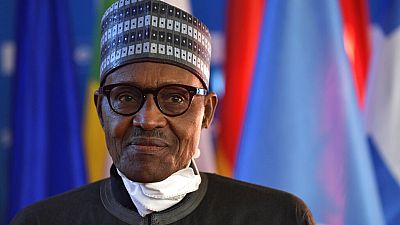


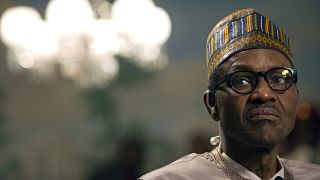
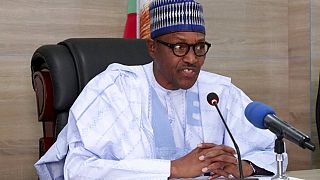
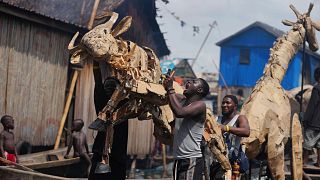



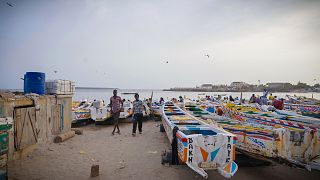
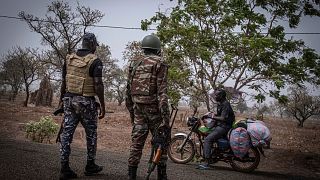
01:16
Africa mourns Pope Francis, a voice for peace and justice
Go to video
Pope Francis’ funeral to be held on Saturday 26 April at Saint Peter's Basilica
01:14
ECOWAS Meets in Ghana to Tackle Member Withdrawals
Go to video
Burkina Faso military government says it thwarted "major" coup attempt
02:19
In Ghana, an illegal settlement turned a forest reserve into a criminal city
Go to video
Funeral held in Kenya for TikTok content moderator